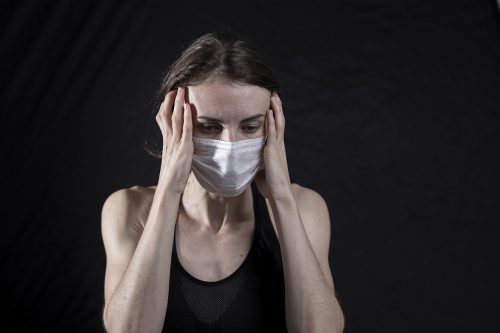Among the main disorders are anxiety, depression and insomnia.
A research made by the University of Washington, United Stateshas pointed out that people who have had COVID-19 they have a 60% chance of suffering from mental health problems.
The study details that the affectations occur mainly among those who did not need to be hospitalized, months after overcoming the disease. The main disorders that develop are anxiety, depression and suicidal ideationas well as high consumption of opiates, drugs and alcohol, sleep and cognition disorders.
not infected
In general, the mental health of the population has been affected due to the lockdown, the sudden change in routines and the crises in the wake of the pandemic.
The study details that, compared to the groups without any infection, the people who had the disease had a 35% more likely to suffer from anxiety disorders.
On the other hand, a 40% more likely to experience depression or stress-related disorders, that can affect behavior and emotions. And there is an increase in 55% in the use of antidepressants and 65% in the use of benzodiazepines, for anxiety.
The chances of suffering sleep disorders are 41% and a 80% might have brain fog (forgetfulness, confusion, lack of concentration).
Covid and mental health link
Ziyad Al-Aly, one of the researchers, said that these findings suggest a specific relationship between SARS-Cov-2 and mental disordersalthough they still do not know for sure what this link is due to, but one of the hypotheses is that the virus can “penetrate the brain and disrupt cellular and neuronal pathways, which causes mental health disorders.
COVID-19 infections are likely to have contributed to more than 14.8 million new cases of mental health disorders all over the world and 2.8 million in the United Statessaid the scientist. (AVV)

















